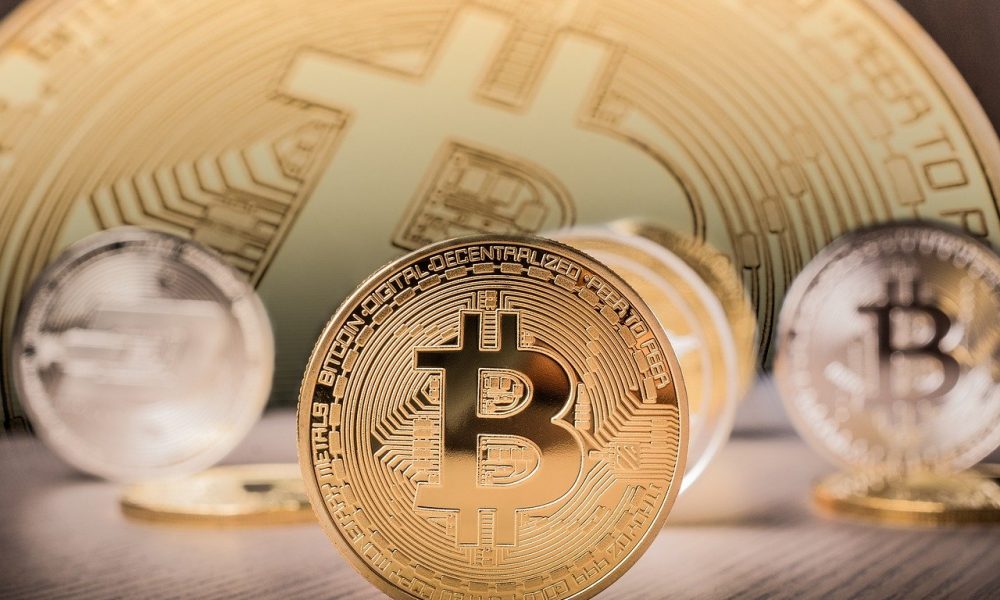Bitcoin
Bitcoin may not be a safe-haven, and that’s okay

Over the past decade, Bitcoin’s evolution and perception can be best typified by a revolving door. From being conceptualized as a peer-to-peer electronic cash system, Bitcoin is today seen as a store of value, an asset with safe-haven properties that can be used to hedge against socio-political and economic uncertainty.
However, is that the case? Well, it’s hard to tell because literature and research on the matter are often sketchy and confusing.
A pair of recent research papers sought to have the final word on the subject by studying Bitcoin’s safe-haven characteristics over the past few months. The papers were equivocal in their findings, claiming that Bitcoin does not register any safe-haven characteristic of note. In fact, according to one of these papers, Bitcoin’s performance against the Safe-Haven Index has far outperformed its co-movement with the same, which is why, at most, Bitcoin is a ‘lucky’ safe-haven asset.
The use of the word ‘lucky,’ might be interesting, but it definitely is not accurate. In fact, one can argue that these findings and the data set used to arrive at these are skewed against Bitcoin.
Think about it – There’s a recency bias that comes into play here since the dataset also looks at Bitcoin’s performance as a safe haven over the period when global markets noted a Coronavirus-induced meltdown. For an asset as young as Bitcoin, one that hadn’t faced a Black Swan event until the aforementioned meltdown in its lifetime, the results were always going to be variable to the mean registered by other, well-experienced safe havens like gold and U.S Treasury bonds.
Interestingly, the paper in question also observed that other safe-havens such as gold and U.S Treasury Bonds have also underperformed since the crisis. This suggests one of two things, 1) No asset is a safe haven anymore, or 2) The Coronavirus-triggered market crash was outside the scope of what these assets were supposed to protect against. Either way, this means that Bitcoin may have been judged too harshly, perhaps unfairly.
Then there’s the case of Bitcoin’s growing correlation with the equities market and the S&P500. Bitcoin’s supposed safe-haven characteristics weren’t helped by the fact that the world’s largest cryptocurrency crashed so dramatically when S&P did. So much for being uncorrelated and a safe-haven, eh?
However, such conclusions may be jumping the gun as well. People forget that Bitcoin and the cryptocurrency market are young and that their collective market cap is but a fraction of something like the S&P500. This is the case when compared to a safe-havens like Gold as well.
Also, for all the uncorrelated talk, people forget that most investors make their money in the stock market and use that to invest in Bitcoin, not the other way around, which is why until Bitcoin has a competitive market cap of its own, such correlations shall persist, even as comparisons remain futile.
So, is Bitcoin apparently lacking safe-haven characteristics a subject of concern? Well, a host of metrics would suggest no. Hodlers aka the number of daily active addresses holding Bitcoin for at least 12 months, for instance, rose to an all-time high last month, a sign of people expecting the value of the cryptocurrency to rise in the future.
Such expectations are also fueled by the fact that global monetary stimulus packages are starting to take effect across the world, a development that will be bullish for financial markets, and by extension, the Bitcoin market.
Thus, even if Bitcoin might have failed the safe-haven test, investors remain upbeat at the prospect of gains they might register in the short-term.

